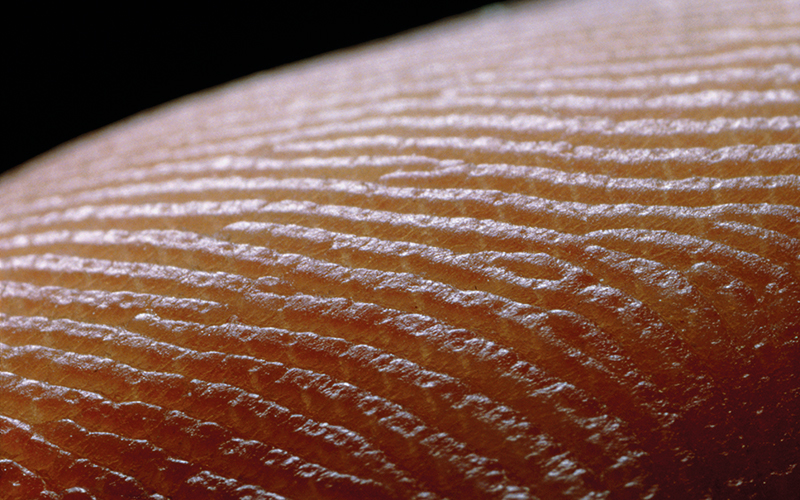Scientists have discovered a way to test the levels of common anti-psychotic drugs in the sweat from patients’ fingerprints, offering a quicker, more comfortable and convenient alternative to blood draws for patient monitoring.

The researchers recruited 60 patients receiving clozapine, quetiapine, or olanzapine, as well as 30 negative controls. A total of 11 patients taking clozapine also agreed to supply blood samples so that the correlation between finger sweat indicators and blood indicators could be tested. Patients were asked to report their dosage and the most recent dose taken.
The researchers collected samples both before and after handwashing, as hands that have been washed are considered to give a better picture of the eccrine sweat that comes from fingertips. Patients pressed their fingertips against porous paper for 30 seconds. These samples were then collected and analysed using liquid chromatography mass spectrometry.
The team also asked six people who did not take the drugs to handle whole and crushed pills and then give fingerprints.
The scientists were able to confirm the reliability of the method and to distinguish between the presence of the drugs in patients’ sweat and the presence of the drug on patients’ hands.
The test detected the presence of anti-psychotic drugs accurately in every patient taking them.
Image credit | Science-Photo-Library




